Kathi Duffy serves as a Salesforce administrator for Benetech, a nonprofit committed to reducing social and economic inequity in partnership with the communities it serves “through software for social good.”
With a background in computer science, she has worked for several companies including AT&T, but partnering with Salesforce’s Trailhead program—a free, online learning and training platform provided in partnership with the Blind Institute of Technology (BIT)—has significantly altered the course of her career.
While BIT is a nonprofit focused on helping blind and low-vision professionals find gainful employment, it’s dedicated to helping all professionals with disabilities find more opportunities. A friend who specializes in grant writing originally told Duffy about BIT and introduced her to its founder and executive director, Mike Hess.
Unable to hear out of her right ear, hard of hearing in her left, and utilizing a bone-anchored hearing aid she’s had since the ninth grade, Duffy understands firsthand the unique challenges professionals with hearing loss experience every day in the tech world.
Challenges Faced as a Professional With Hearing Loss
Depending on the nature of hearing loss a professional has, their experiences will, naturally, vary. Duffy acknowledges her challenges might be rather different from others within the d/Deaf or hard-of-hearing community because “you don’t see my hearing aid,” which is concealed behind “really long hair.”
She says the fact she gradually lost her hearing means “I talk pretty well. There’s no visibility there.” However, when colleagues find out she’s hearing impaired, they tend to “just talk louder,” which Duffy says “doesn’t help me at all. My loss was conductive. Think of Peanuts when the teacher does that ‘womp womp womp’ thing. That’s kind of what I have trouble with.”
Careful enunciation helps her hear better, and sometimes she’ll ask team members to use other words, which might be more easily processed by her ear drums.
While closed captions in virtual meetings or written communications such as email or notes are especially helpful, they’re not always available: “I’ve found Zoom to be a little challenging in that regard,” she says. Virtual meetings can be more accessible, but your teams must approach them intentionally.
To address some of these challenges, Kathi frequently writes follow-up emails after meetings with “this is what I heard,” relying on written responses to clarify her understanding with colleagues and clients.
Working with colleagues that are more aware of professionals with disabilities is huge. It means people are often asking how they can help, whether something has closed captions, or if Kathi can’t hear what’s being said.
Duffy notes Benetech has an inclusion and disability group which tries to “work with everyone to make them feel comfortable,” but she’s quick to point out “many companies aren’t as aware” of these issues or what they can do to be more accessible and inclusive.
How to Better Support People With Hearing Impairments
If an organization is serious about improving along the principles of accessibility, inclusion, belonging, and diversity, it’s going to need to tailor its goals and solutions to its particular needs, including disability representation in leadership.
However, Duffy believes there are two things most organizations can do to be more supportive of professionals with hearing impairments:
- Establish inclusion and disability clubs or peer groups. Duffy argues this not only helps professionals with disabilities support one another, but increases awareness among peers, encouraging them to look for ways to be more inclusive and accessible.
- Educate employees on accessibility and inclusion. By having people come in and talk with your team about disabilities, you demonstrate your organization’s commitment to be more inclusive and accessible. Plus, employees learn how they can be more supportive in concrete and immediate ways.
Duffy believes “education and awareness are key” if we’re going to make progress, but also holds that programs like Salesforce’s Trailhead can be advantageous for professionals with disabilities, as well.
Experiencing Salesforce’s Trailhead Program
When asked what “a trailblazer” means to her, the Salesforce administrator says, “A go-getter, someone ahead of the group or willing to experiment and figure things out.”
An online platform and community helping people “get hands-on and learn the Salesforce, digital, and soft skills you need to succeed from anywhere for free,” Trailhead has provided Duffy with opportunities to further grow her professional skills and the work she does with Benetech.
She’s found the user experience to be incredibly accessible, as well.
“It’s all in one package,” she says. “You can figure out what needs to be done by looking at ‘help.’ There are also user groups. I’m personally a visual learner since I’m hearing impaired, so I like the color-coded stuff. I think that just in general it’s a very easy tool to use.”
Trailhead facilitates self-learning, and users can always return to it as a resource when clients introduce new problems to solve, explains Duffy.
“You can teach yourself,” she says. “There are a lot of tools out there that are not quite as self-explanatory. A lot of those Trailblazer units are ‘click here’ or ‘do this.’ If you want to become an admin or a developer, there are recommended classes. You can see what path you like and don’t like before going forward.”
Notably, the Workforce Navigators' Trailhead Virtual Bootcamp (TVB) Scholarship program is open and available for people with disabilities, ensuring more professionals have access to skill development opportunities, regardless of financial situation. TVB offers fundamental knowledge and expert-led guidance to build Salesforce skills quickly.
Regarding her responsibilities as a Salesforce administrator, Duffy believes Trailhead’s resources have been a huge asset.
“I have found that when a customer asks me something, I can always go in and do a quick module that evening or get hands-on,” she says. “Coming out of college, they teach you all of that stuff, but then the application is a little bit different. Getting hands-on, or at least being in the tool, I think that’s helpful.”
Advice for d/Deaf & Hard-of-Hearing Professionals
One can’t overstate the importance of giving and receiving mentorship in professional settings, especially when society remains rather inaccessible to many people with disabilities.
Remarking on mentorship opportunities with BIT, Duffy says, “They have a really great system admin” who facilitates learning and sharing ideas among their interns. “I do feel I mentor those individuals but maybe not in a formal way. If any of them need help or have questions, I’m happy to answer them.”
One piece of advice Duffy frequently gives the people she mentors is for them to nurture emotional resiliency and determination.
“I think you have to develop a thick skin because people will say things,” the software professional remarks. “One thing my parents never said was ‘You can’t do that.’”
Participating in challenging initiatives such as outdoor education program Outward Bound, and completing a triathlon, have helped her do that and stand as testaments to her fortitude.
“Go out there and do whatever it is you want to try, not just people with disabilities but anybody,” she says. “I’ve just grown up in that environment. I was never told ‘Since you wear a hearing aid, you can’t do this’ or whatever. Stand tall and be who you are.”
In addition to Fable, Morey Creative Studios, and Be My Eyes, Salesforce is a Founding Partner of InclusionHub, an online resource directory and content platform helping businesses prioritize digital inclusion and accessibility. Explore Salesforce’s Trailhead program to learn more about free and accessible skills vital to succeeding in the tech world.
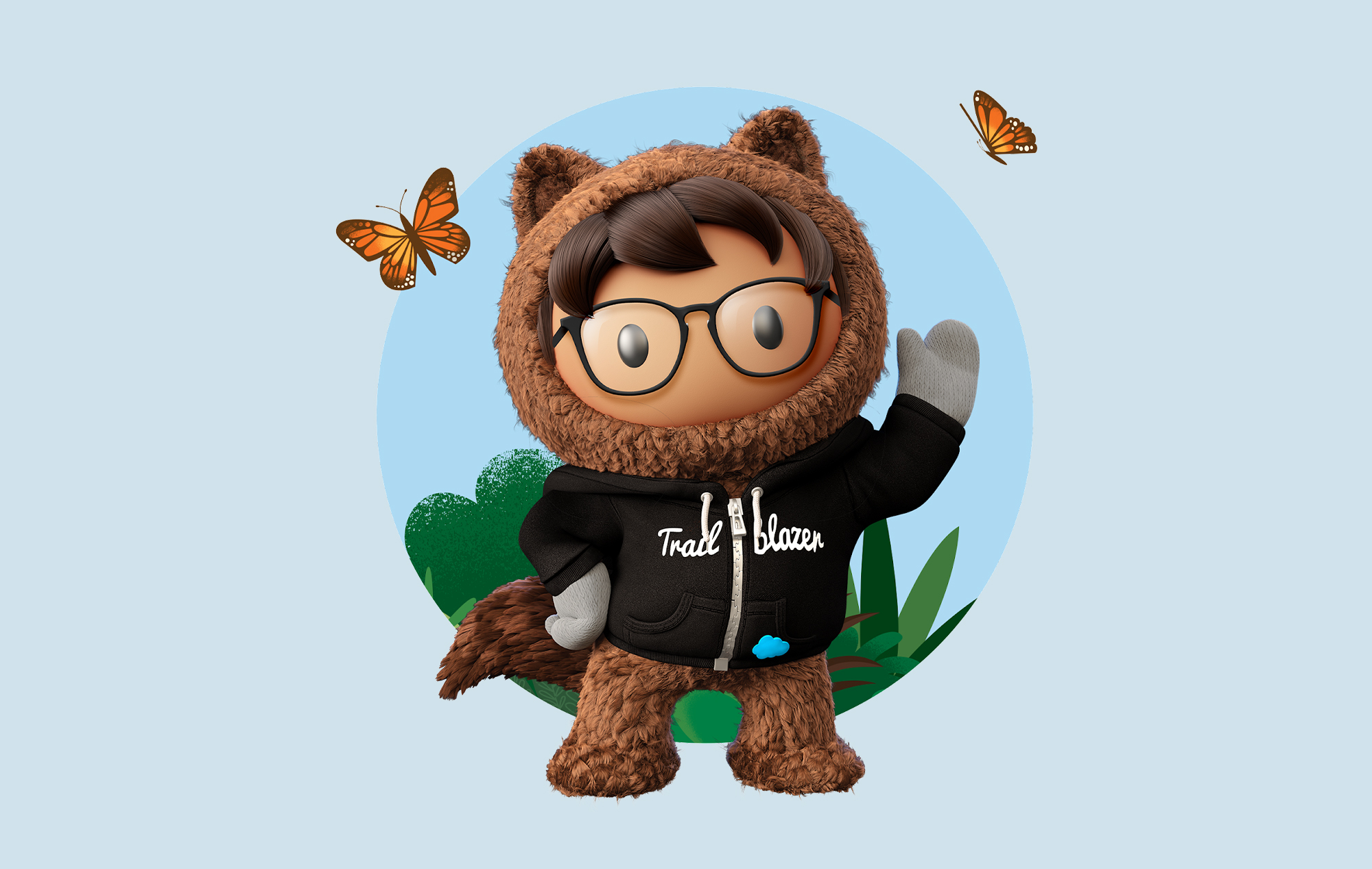
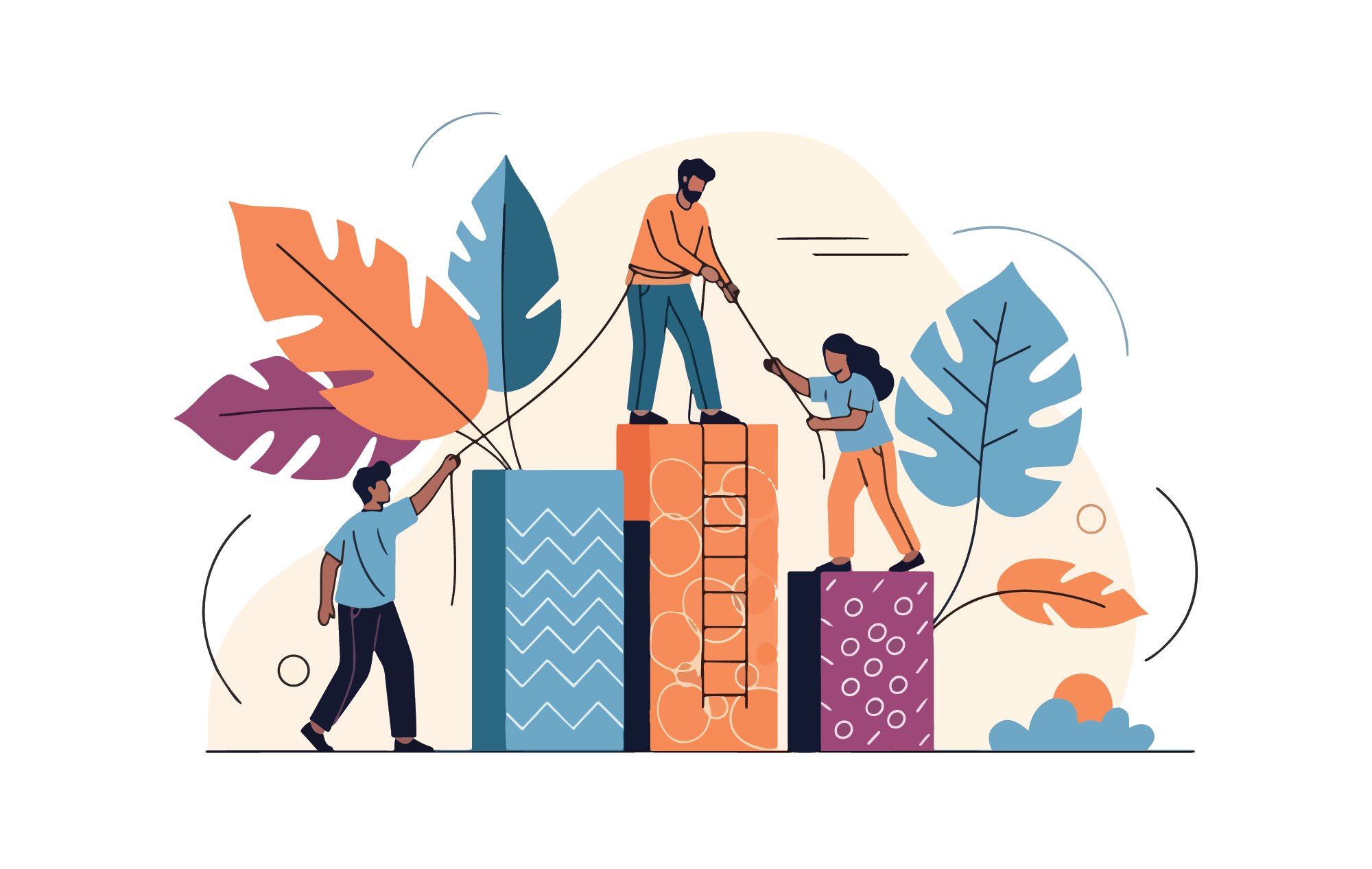
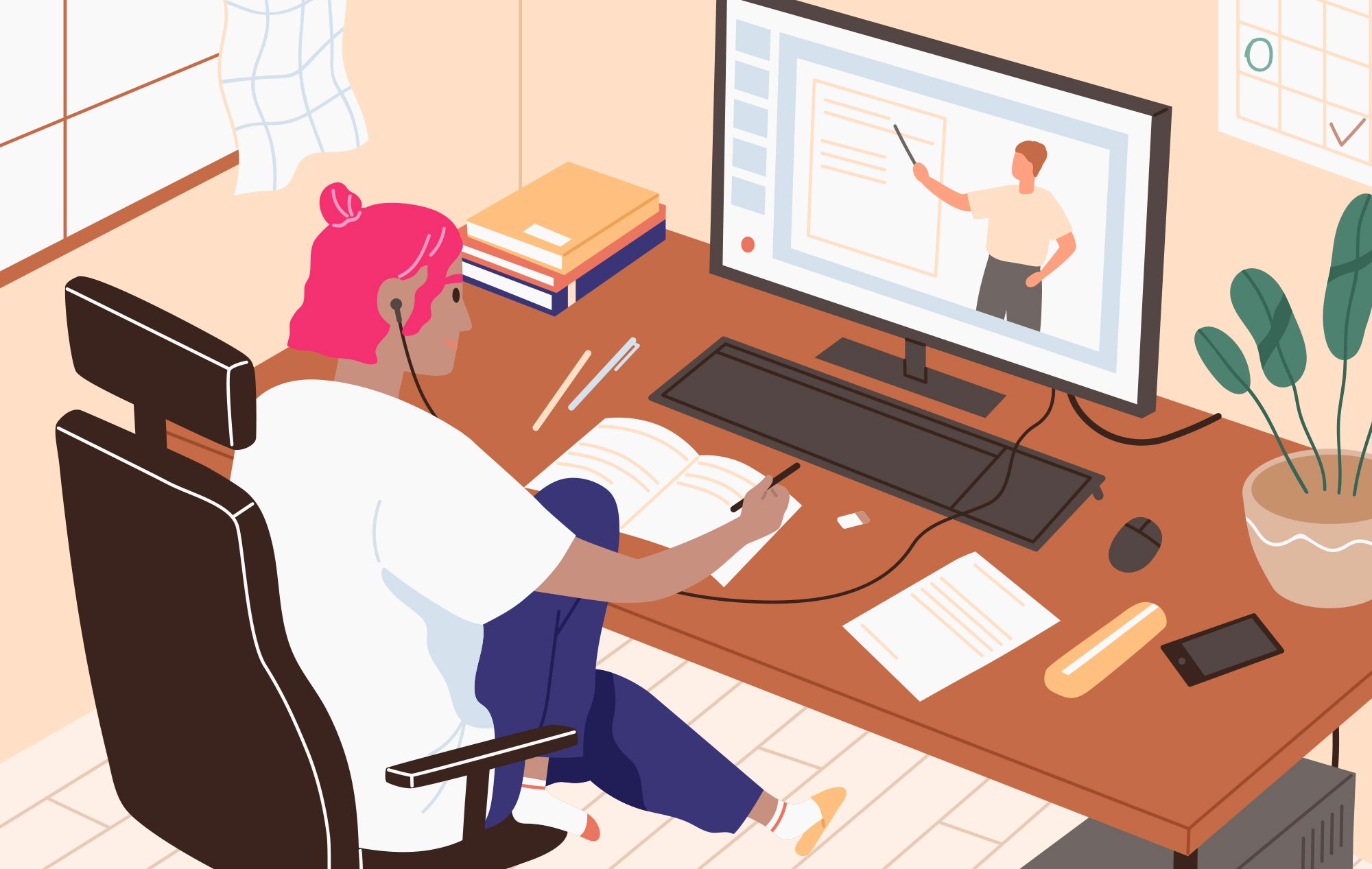
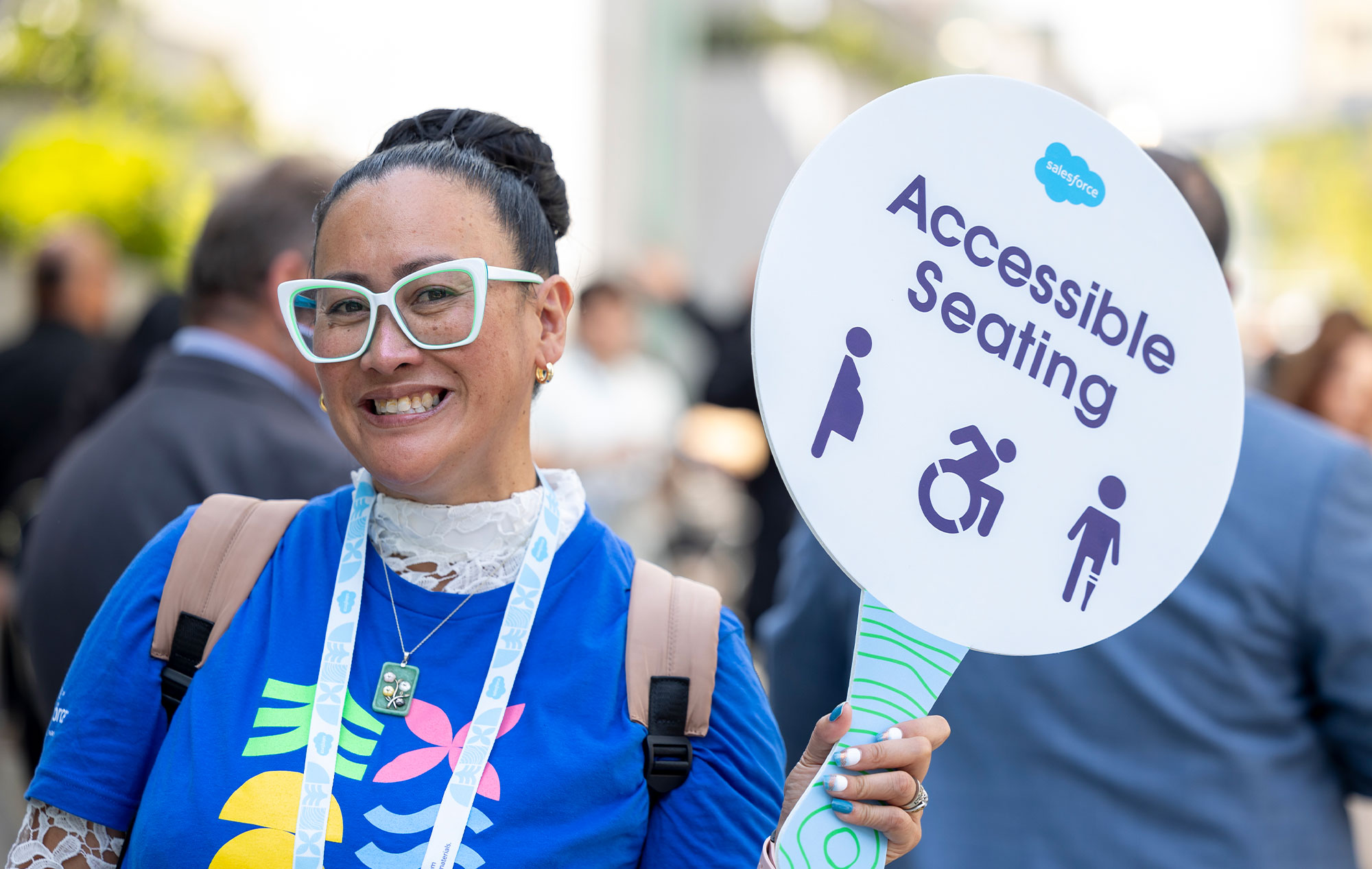

Leave a Comment